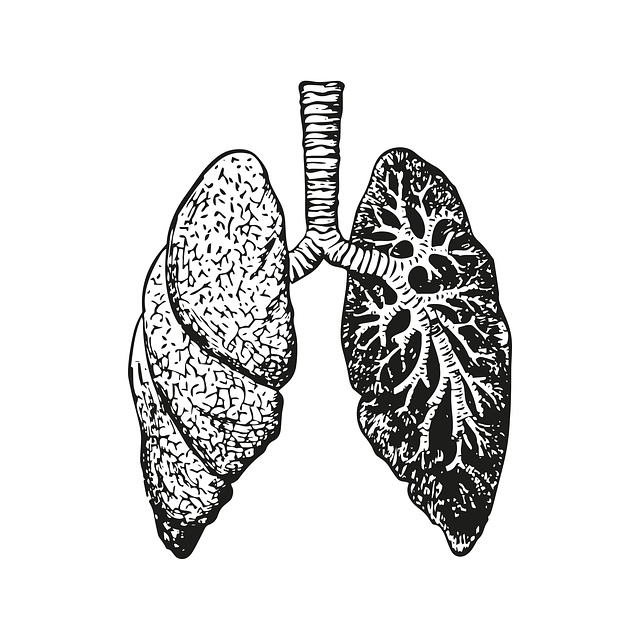Lane County advocacy groups play a vital role in ensuring fairness and equity within civil commitment practices. They expose systemic issues, raise awareness, and collaborate with stakeholders to protect marginalized communities' rights. Through legal understanding, data-driven insights, and proactive dialogue, these advocates push for transparent, just, and accessible mental health service provision, strengthening the justice system and fostering compassion.
In the intricate landscape of civil commitment, fair treatment is paramount, especially considering the vulnerability of those involved. This article delves into the critical role of advocacy in ensuring justice within Lane County’s legal framework. We explore the concept of civil commitment from a legal standpoint and analyze how local practices impact fairness. By identifying biases and unfair strategies, we equip advocates with tools to protect vulnerable individuals. Ultimately, effective Lane County advocacy fosters a more equitable system, upholding rights and dignity for all.
- Understanding Civil Commitment: A Legal Perspective
- Lane County's Role in Ensuring Fairness
- Identifying Bias and Unfair Practices
- Strategies for Effective Advocacy
- The Impact of Advocacy on Vulnerable Individuals
Understanding Civil Commitment: A Legal Perspective

Civil commitment, a legal process that involves confining an individual against their will for mental health treatment, raises significant concerns about fairness and due process. In Lane County, as in many jurisdictions, this system can lead to disparities in access to care, particularly impacting marginalized communities. Advocacy plays a pivotal role in ensuring that civil commitment practices adhere to ethical standards and respect the rights of all individuals involved.
From a legal perspective, understanding the nuances of civil commitment is essential for promoting fairness. This includes comprehending the criteria for commitment, the procedures for review, and the rights of both the committed individual and their advocates. By fostering awareness and advocating for transparent policies, Lane County can work towards a system that balances public safety with the provision of equitable mental health services.
Lane County's Role in Ensuring Fairness

Lane County plays a pivotal role in advocating for fair treatment in civil commitment cases, ensuring that every individual receives due process and equal consideration under the law. The county’s commitment to fairness is manifested through its robust legal frameworks and dedicated resources aimed at protecting the rights of those involved in these complex proceedings. This includes thorough assessments, transparent processes, and access to legal representation, all designed to safeguard against potential biases or injustices.
By prioritizing fairness, Lane County not only upholds the integrity of its judicial system but also fosters a more equitable society. The county’s advocacy efforts extend beyond courtrooms, engaging community stakeholders, legal professionals, and support services to collaborate on innovative solutions that address systemic issues in civil commitment practices. This comprehensive approach ensures that everyone, regardless of background or circumstances, is treated with dignity and respect during these challenging times.
Identifying Bias and Unfair Practices

In the pursuit of justice, identifying biases and unfair practices within civil commitment processes is paramount, especially in places like Lane County. Advocacy groups must remain vigilant in uncovering systemic issues that disproportionately affect marginalized communities. Bias can manifest in various forms, from discriminatory language in legal documents to biased decision-making by authorities, leading to unequal outcomes for individuals facing civil commitment.
Lane County advocacy organizations play a crucial role in scrutinizing these practices. They analyze procedures, gather data on case outcomes, and share insights to raise awareness. By documenting and publicizing instances of unfair treatment, they foster dialogue and pressure for reform. This proactive approach ensures that the civil commitment process is fair, transparent, and equitable, protecting the rights of all individuals involved.
Strategies for Effective Advocacy

Advocating for fair treatment in civil commitment cases requires a multi-faceted approach, especially in places like Lane County where resources and awareness can vary significantly. A successful strategy should start with thorough understanding of the legal framework and local practices. This includes staying updated on relevant laws, regulations, and case histories that could impact the case.
Effective Lane County advocacy also involves building strong relationships with key stakeholders—attorneys, judges, mental health professionals, and community organizations. Collaborating with these entities can amplify the voice of the individuals involved, ensuring their rights are not only protected but also respected. Leveraging data and personal narratives to highlight systemic issues can be powerful tools in convincing decision-makers to advocate for change.
The Impact of Advocacy on Vulnerable Individuals

Advocacy plays a pivotal role in ensuring fair treatment for vulnerable individuals involved in civil commitment cases, particularly in places like Lane County. Effective advocacy empowers those who may otherwise be marginalized or overlooked to have their voices heard and rights protected. It challenges systemic issues, raises awareness about the unique challenges faced by these individuals, and promotes equitable access to justice.
In Lane County, local advocacy groups have been instrumental in advocating for fair treatment, addressing concerns related to due process, adequate legal representation, and the dignity of those facing civil commitment. Their efforts have led to improvements in procedures, increased public understanding, and a greater focus on supporting individuals through this challenging process. This proactive approach not only strengthens the justice system but also fosters a more compassionate society that recognizes the inherent value and rights of all its members.














